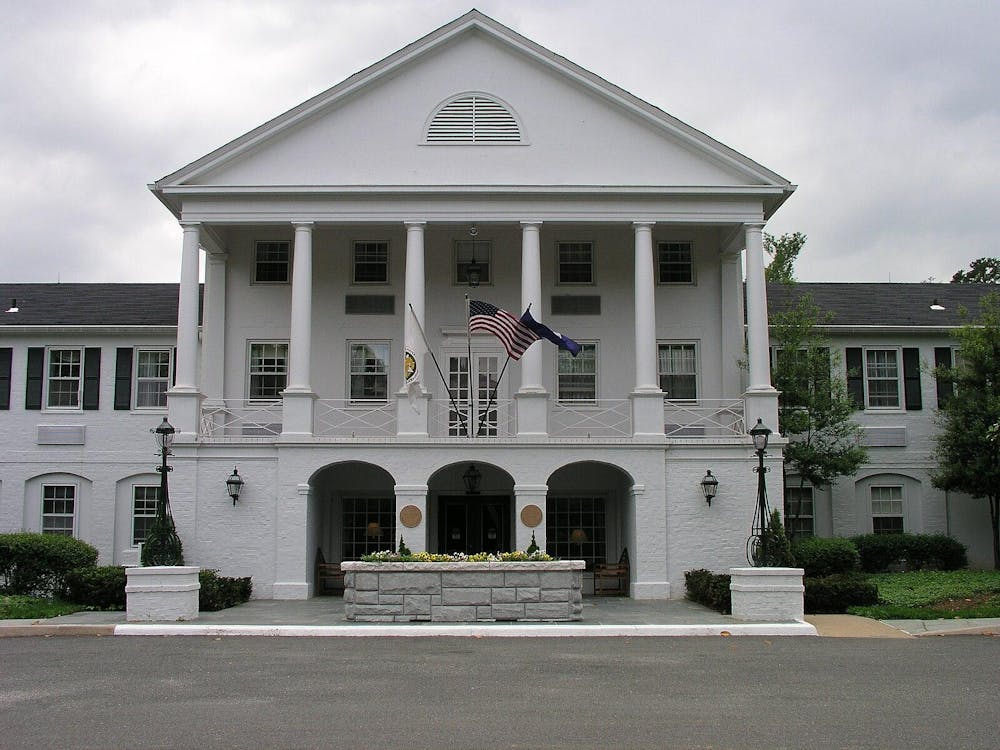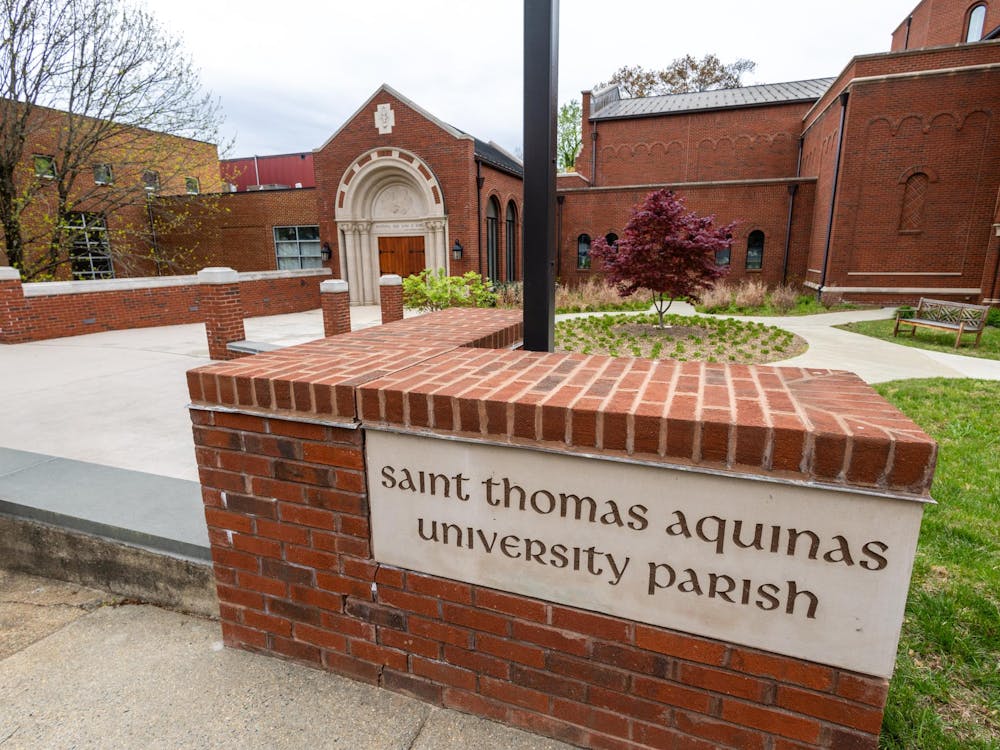Former University English Prof. Barbara Nolan passed away Sunday after battling breast cancer for many years, according to Nolan’s family obituary.
Nolan was the first female professor to obtain tenure in the English department at the University, Associate Dean of Students Francis Aaron Laushway said. Nolan served as a medieval literature professor for 30 years before retiring this past summer, English department Chair Jahan Ramazani said.
“You see in her life the importance of a passionate devotion to teaching [and] the way in which that intense connection with students can electrify their excitement, even about literature that’s many hundreds of years old,” Ramazani said, noting that Nolan possessed a “radiant presence in the classroom.”
As an active member in the University community, Nolan helped build the English faculty’s distinguished national reputation, Laushway said.
“Because of her involvement within the academy, she was able to draw distinguished talent from other institutions for both short and long-term tenures,” Laushway added.
Alongside teaching classes, Nolan also played a role in the creation of the University’s seminar classes, Ramazani said, noting that Nolan “helped to generate a great deal of excitement about teaching in those.”
After serving as the interim chair of the English department for one year, Nolan took a position as vice provost for instructional development from 1992 to 2002, while still teaching in the English department, Ramazani said.
Law Prof. Peter Low, who served as University provost during Nolan’s tenure, said Nolan’s work focused on undergraduate instruction and the improvement of teaching practices. Nolan brought a serious level of academic integrity that allowed her to perform her role as vice provost exceptionally well, Low said.
“She had very sound academic and personal values,” Low said.
In addition to serving multiple roles within the University throughout her career, Nolan also authored several academic texts.
“Her scholarly writings are among the most intelligent, informed materials I read,” University President John T. Casteen, III said.
Bruce Holsinger, Nolan’s colleague in the medieval literature studies department, said Nolan was one of the reasons he decided to teach at the University, and also praised her literary works.
“She was a prolific writer [who] wrote widely on Chaucer and his relationship to medieval French literature,” Holsinger said.
Holsinger also noted that Nolan’s greatest intellectual legacy will probably be “the humane way of conceiving the role of literature, religion and culture in the life of the middle ages.”
Casteen added that “she wrote with a spiritual authority” because Nolan had such thorough knowledge of Chaucer’s links to France and Italy, and especially to the writers who shaped the Renaissance.
“Her knowledge of the languages, of art, of vernacular writing in the languages that Chaucer admired, and her sound judgment made her books especially notable,” he said.
Nolan also obtained a Guggenheim fellowship, two Fullbright Scholarships with the University of London and a Rhodes Scholarship, according to her obituary. She also served as a trustee of the New Chaucer Society and was a member of the Advisory Board of The Review Journal of Medieval Literature.
“She was among the warmest and most passionate people I’ve ever known,” Laushway said. “She was particularly generous with her time and always enjoyed discussing — or one might say, with Barbara, debating — ideas. She had a very true and intense fascination with people and the world.”
Nolan’s memorial service will be held Saturday at Westminster Presbyterian Church. A reception will follow at Pavilion IX.






